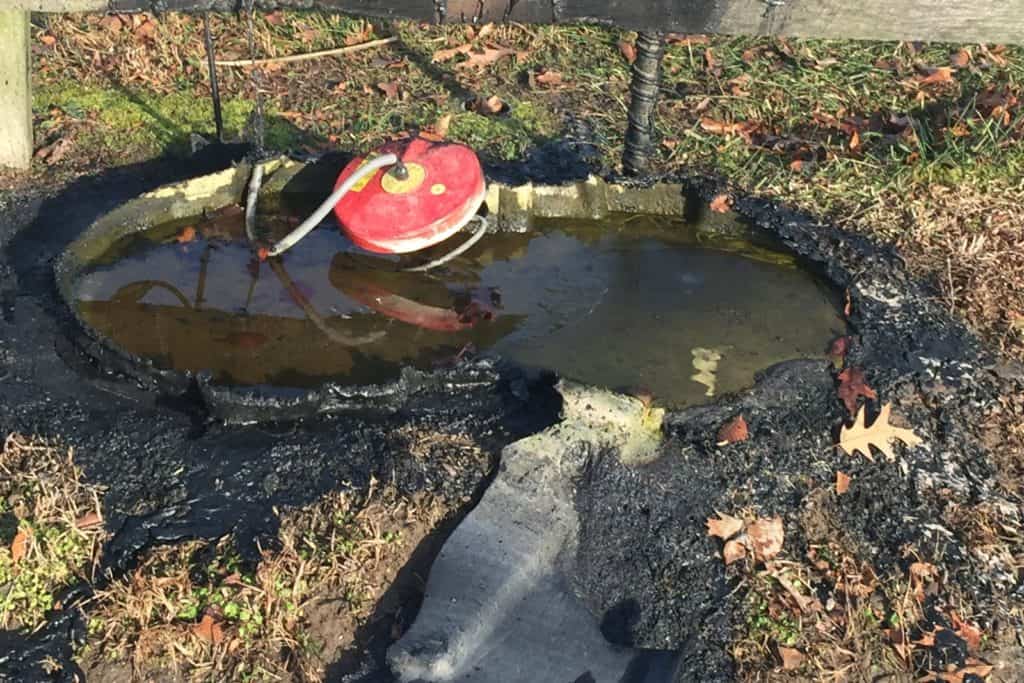
Dose Your Horse Like a Pro
From antibiotics and anti-inflammatory tablets to anti-ulcer pastes and deworming medications, we ask our horses to consume a variety of products. Read Dr. Nancy Loving’s top tips and tricks for medicating your horse.

From antibiotics and anti-inflammatory tablets to anti-ulcer pastes and deworming medications, we ask our horses to consume a variety of products. Read Dr. Nancy Loving’s top tips and tricks for medicating your horse.

The choice to use antimicrobials to treat lower airway issues in horses isn’t always clear.

To understand how horses fared during standing flank laparotomy for colic, researchers reviewed records from 37 equids. Here’s what they found.

The key is adding weight carefully without triggering hyperinsulinemia and laminitis.

Are you using heated water buckets or troughs this winter? Stay safe with these tips.

Learn about the steps you can take to reduce the number of asthma-causing airborne particulates in your horse’s barn.

An owner wants to know how to best prepare her senior horse for a move from Florida to Virginia. Dr. Chrissie Schneider offers advice.

Learn about the vaccines your horses might need based on their lifestyles and risk of exposure. Sponsored by Boehringer Ingelheim Vetmedica.
An equine surgeon has developed a successful method for gelding cryptorchids by accessing and removing the retained testicle through the navel.

Diagnostic imaging technology has improved tremendously in the past few decades, with several effective options to choose from. Learn about the machines and technologies your veterinarian can use to look inside your horse, including MRI, CT, PET scans, and more.

How do you feed recreational riding horses to meet their nutritional and digestive needs without causing weight gain? Get those questions and more answered during this live recording of our podcast. Sponsored by Nutrena.

By understanding how pain works and addressing its various pathways, we can improve healing and better ensure equine welfare.

Older horses are more likely to suffer from chronic, pain-causing conditions but less likely to receive veterinary care than nongeriatric horses.

When doctors diagnosed West Nile virus neurologic disease in a Sicilian man, they immediately started a chain of events leading to massive testing of nearby horses, dogs, birds, and mosquitoes to find the outbreak’s source.

Equine biosecurity might become easier thanks to new in-field tests using recently developed isothermal technology, which could detect infected horses in less than an hour.

Learn what veterinarians are doing to improve how they control equine pain.
Stay on top of the most recent Horse Health news with
"*" indicates required fields